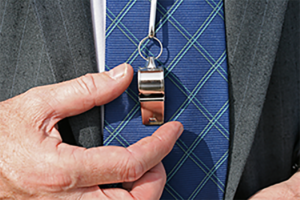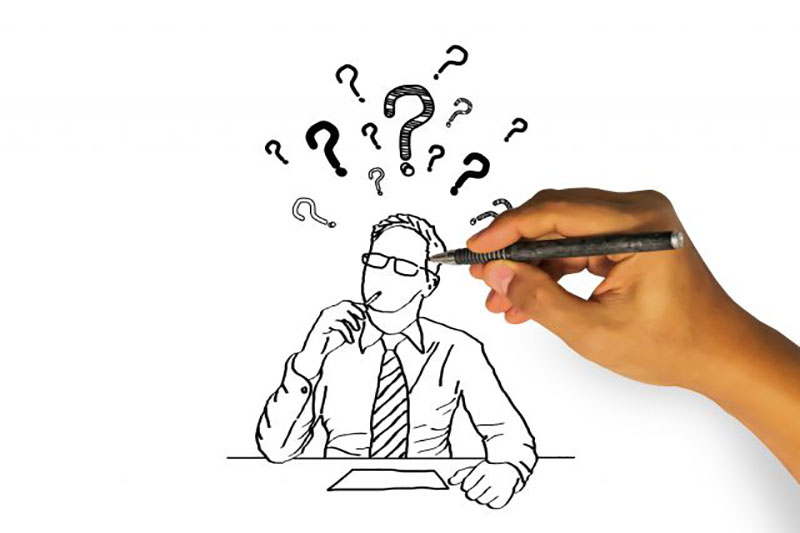Business Development
Questions Lawyers Should Ask a Prospective Business Development Coach
- BY John Reed
A good coach possesses keen intuition, the ability to create and implement a process to which you both can commit, and the flexibility to adjust that process to accommodate challenges, additional needs, and new objectives as they arise.
In a previous blog post, we discussed how lawyers can assess whether they need to engage a business development coach, using factors such as readiness to be coached, what a successful outcome looks like, and appropriate motives for wanting to work with a coach. The next step is to find a coach suited to you and your needs and goals.
While not every aspect of the potential relationship can be gauged through an introductory conversation, there are questions that you can and should ask to determine whether the coach you’re considering is right for you.
 “What Is Your Approach to Coaching?”
“What Is Your Approach to Coaching?”
As discussed in our previous post, some coaches have a structured program they use with every client, while others take a more custom-tailored approach depending on the unique needs of the coachee. Both have their pros and cons, but it’s most important for you to understand which will work best for your personality and goals, and whether or not a coach’s way of working is a good fit.
“How Often Will Me Meet?”
Coaching requires a commitment – for both of you. That is a given. How much time and how often sessions take place vary depending on both the coach and the client. There should be a match.
“What Does a Coaching Session Look Like?”
This might have many variables, but clients should have a sense of how a typical session will unfold. Will you meet in person, on the phone, or a mix? How long will they last? Is there a set agenda? Will “homework” and other tasks be assigned?
In-person meetings are always best, but talking via telephone or videoconference can work, too. A good coach devotes every minute of the meeting to you and your development. You can reciprocate by ridding yourself of distractions and focusing on the conversation.
“Do You Have Experience Coaching Someone Like Me?”
Most lawyers are curious to know if the coach has worked with others in the same practice area. This is important, but you should also find out if the coach has experience with similarly sized firms and people with the same personality type career stage, work-life concerns, and other attributes or situations that can impact business development success. A good coach will be forthcoming with this information.
 “How Will You Help Me Set Appropriate Goals and Expectations?”
“How Will You Help Me Set Appropriate Goals and Expectations?”
It’s important for you to define “success” for yourself before engaging a business development coach, and to understand the coach’s approach to establishing milestones and goals to help you get there. How and how much will he push you? Does she respect boundaries? How does the coach determine whether a client’s comfort zone can be expanded and when it cannot? Goal-setting is one of the most important aspects of a coaching relationship, and it is crucial that both client and coach know their limits and when to press them.
“What Does Success Look Like to You?”
As critical as the attorney’s view of success is to the coaching relationship, how the coach defines a successful engagement is just as important. Asking this question will help you discover what motivates that person to be a coach and confirm that your respective views and expectations are aligned. If your respective definitions don’t jibe, then the relationship probably won’t progress and deliver as you envision.
“Is There Chemistry Here?”
This last question is more for the client to ponder rather than directly pose to the coach, although getting the coach’s sense could be useful. Chemistry in a coaching relationship is a must, and non-negotiable. There must be mutuality and an immediate rapport, or at least one that the two of you can build quickly. Let’s face it – you won’t want to perform for a coach you don’t like or respect, and you will come to resent a coach who doesn’t demonstrate an investment in you as a person. Lack of chemistry during that first meeting is not a bad thing, nor does it mean the coach isn’t skilled or that you’re not coachable. It’s just likely the relationship won’t be productive.
The first meeting between a business development coach and a lawyer looking to be coached can be exciting, full of promise and possibilities to accomplish great things together. By asking just a few questions during that first conversation, you can go a long way to ensuring the relationship begins on solid ground.
 “What Is Your Approach to Coaching?”
“What Is Your Approach to Coaching?” “How Will You Help Me Set Appropriate Goals and Expectations?”
“How Will You Help Me Set Appropriate Goals and Expectations?”

